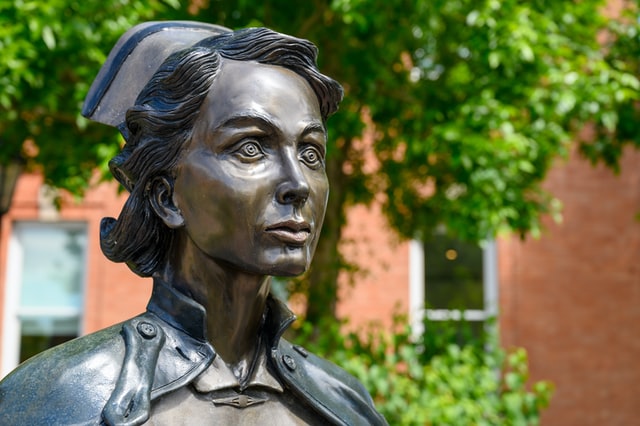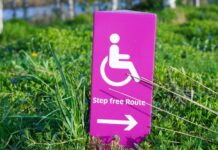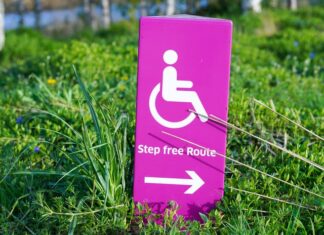A Bachelor of Science in Nursing (BSN) degree should prepare you for a nursing career and pave the way for becoming a registered professional nurse (RN). Can I get a BSN without being an RN?
Students interested in becoming a registered nurse (RN) can follow several paths to start a career. To become a nurse, you can earn a 2-3-year RN diploma, a nurse’s degree (ADN) or a four-year degree in nursing (BSN). This page covers educational requirements and career options to help find the perfect learning path.
What is the RN program on BSN?
The RN-to-BSN program is a bridge between an associate degree or diploma and a bachelor’s degree. These programs offer the current RN a direct path to earning their BSN, often in two years or less. Programs from RN to BSN allow students to participate in the courses necessary to obtain a bachelor’s degree, while meeting the clinical requirements as an RN.
Is BSN right for me?
Many choose the Associate Degree in Nursing (ADN) to quickly join the workforce and further develop education through the RN-to-BSN program.
Nurses with ADN often take on simple tasks such as recording patient symptoms, using simple medical equipment, and educating patients about disease. Earning BSN involves higher responsibilities and opens up leadership opportunities. Nurses from BSN also have a wider range of tasks to choose from, not to mention better earnings.

Basic steps to get a BSN
There are several different methods of working as a nurse. Some aspiring nurses choose the two-year Associate Degree in Nursing (ADN) to prepare them for an RN license. Others choose less than a year’s licensed Practical Nurse (LPN) program to obtain a PN license, after which they can start working as LPN.
But the need to have a BSN is becoming clearer with each passing year. A BSN nurse can not only take on more responsibilities and receive a much higher salary, but also the market demand for nurses with a BSN diploma.
Here is the list of steps you need to follow to get a BSN diploma:
- Get a high school diploma or GED diploma. This is a mandatory prerequisite because subjects such as English, mathematics, exact sciences, social sciences are required before undergraduate nursing.
- Apply to an accredited BSN program and go through the application process. You should always make sure that the university you plan to attend has all the required accreditations, otherwise you risk risking your diploma being challenged during interviews.
- Submit a financial assistance application, if necessary. There are always financial options when it comes to paying for college.
- Take part in the program and meet its requirements.
- Apply for an RN license and pass the NCLEX-RN® exam.
To help you prepare for this program and have more practical experience as a nurse, you can also:
- Volunteer for local hospitalization – you will be better informed about what it means to be a qualified nurse.
- Make contact with nursing organizations – this is a great opportunity to get more detailed information on the challenges and opportunities of this career.
- Sign up for a nursing camp – a few weeks of practical experience as a nurse will help you get a broader perspective that will be helpful when participating in the BSN program.












